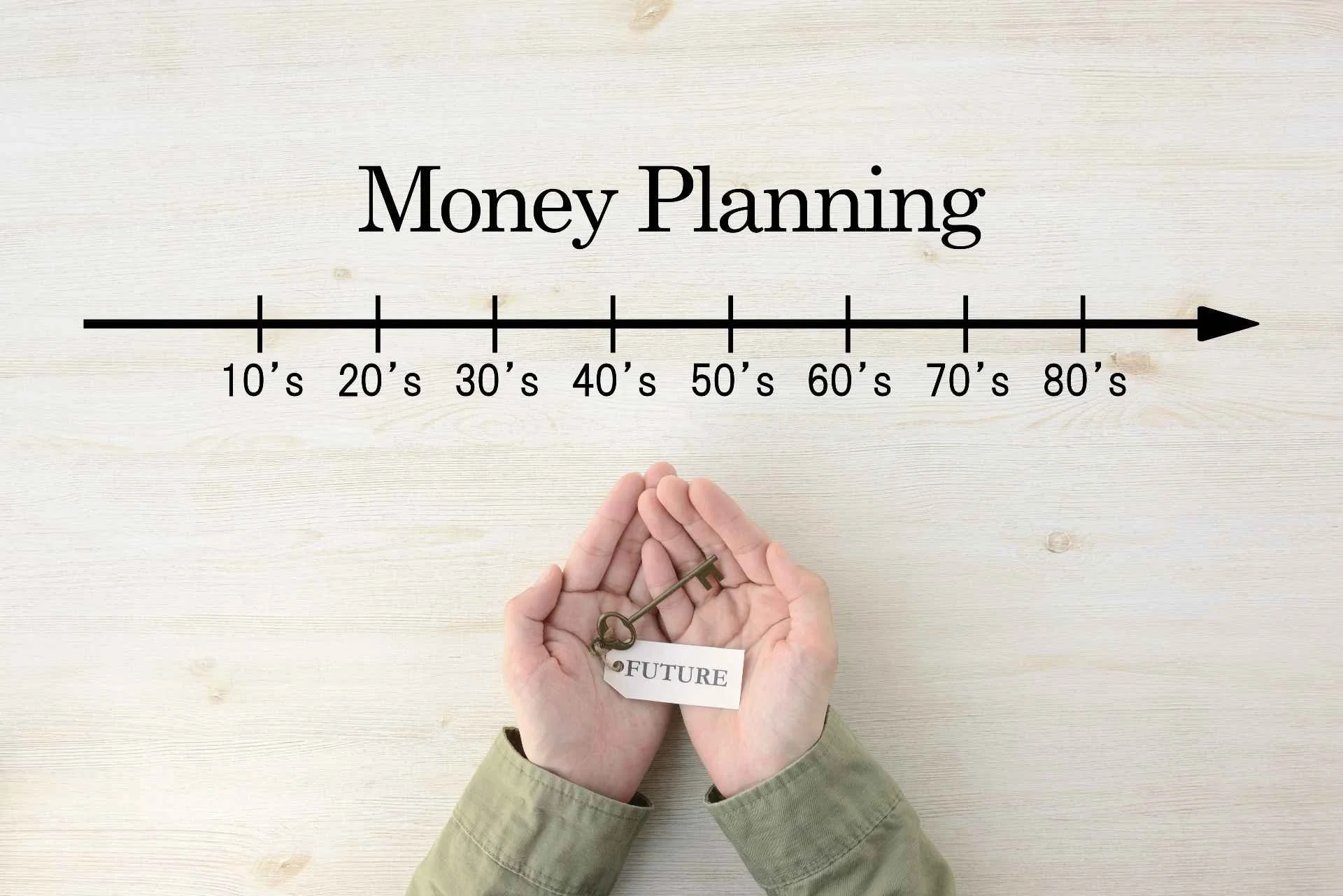A Wealth Of Insurance Options
The basic idea of insurance – of hedging your bets should you suffer major loss – goes back thousands of years. Perhaps not surprisingly, it was initially mostly about commerce. Shipping was risky, so both merchants and those involved in the actual transporting of goods found ways to turn individual risk into collective risk. If enough people purchased what we’d today think of as a “policy,” there’d be money available to offset some or all of any losses incurred due to accidents, storms, or theft, while still providing a reasonable profit for the “insurer.”
Other forms of insurance, however, are relatively recent inventions. The many types of car insurance, of course, wouldn’t have been particularly useful before the invention and widespread use of automobiles barely a century ago. Most of the other issues for which we can purchase coverage in the modern era, however, aren’t new, although the idea of insuring ourselves against them is. People have always had accidents, fallen ill, lost their homes or possessions to theft, storms, or fire, and such. Most everyone in history endured the death of loved ones and eventually died themselves. Why was no one going door-to-door discussing term vs. whole life, or explaining the differences between HMOs and PPOs?
Traditionally, illness, loss, and death, were situations in which the family, tribe, or community were expected to step up and see one another through. You didn’t need basic life insurance because your family or your community were your policy. You didn’t compare healthcare plans because your support group was your plan. As we’ve become more scattered across the country and the world, increasingly individualistic, and far less likely to stay in one place for long, those support systems no longer cover the range of circumstances they once did. That doesn’t mean they no longer exist.It does mean, however, that we can’t rely exclusively on family or the folks next door to create our own little “shared risk pool.”
It means that we have to step up and make some decisions about how to best protect ourselves and those we love through commercially available options. It means that part of adulting in modern America is understanding the basic types of health insurance, knowing a thing or two about home insurance services, and taking the time to compare auto insurance companies or other providers before making your decisions.
Modern Insurance Options
It’s easy to sentimentalize the “way things used to be” when we compare insurance as a financial mechanism to community support as a social expectation. There are certainly benefits to community, both tangible and intangible, but it’s also easy to see the past through rose colored glasses and forget how difficult and short life was for most of our forebears. There were fewer long-term care decisions to be made, for example, because so few people survived long enough to require long-term care. There were fewer doctors because there were fewer viable treatments or medications for things. Very often, the solution to your misery was to learn how to handle being miserable while getting back to work.
Capitalism may not be perfect, and it’s certainly not the answer to everything, but it’s managed to stick around for a few centuries because it is amazingly effective at offering even citizens of modest means the possibility of affordable health care. The reason a site like Insurry can offer you tools to compare home insurance quotes, break down the pros and cons of different types of health insurance, or explain the terminology used in evaluating types of car insurance is because of the amazing variety of options available to consumers in the 21st century.
Thanks to the collective reach and economies of scale made possible by the internet, we can have serious discussions about more specialized services than ever before. Should you be considering jewelry insurance, or would that be a poor use of your investment resources? Do you need to look into cheap travel insurance before your next journey, or are your existing health and life policies sufficient? We can even help you compare pet insurance. Do you know why? Because you have multiple valid options for finding the right pet insurance for you and your pets.
When you think about it, this all pretty amazing. Today’s technology lets me have almost any product delivered to my door in a matter of days. It lets me hunt down almost any song, book, or movie that’s ever been made and download it to be played or read from almost anywhere in the world on any connected device. That same technology gives me opportunities to understand insurance and compare insurance options like never before. As the next generation of apps is unveiled, I’ll be able to compare health insurance plans (or compare health insurance companies) as easily as I check local restaurant reviews or pull up a map to the nearest gas station. I won’t have to spend an hour flipping through the yellow pages (remember those?) or calling around to find someone specializing in what I need – it’s becoming as easy to compare RV polices or compare motorcycle insurance quotes as it is to rate movies or books on Amazon or assign stars to your favorite apps in the app store.
It’s not always easy to establish and maintain our insurance goals, but it’s far more possible than ever before. That also means there’s really no longer any excuse not to.
Wait – What Are Insurance “Goals”?
Every time we compare insurance, purchase insurance, make a claim, or take actions which raise or lower our risk and our premiums, we’re making a statement about our goals. In the short term, our goal may be as basic as affordable health care. We want useful home insurance services that don’t cost too much. We evaluate an auto insurance quote based on what it will cost us per month vs. what the state requires us to carry or how much risk we’re willing to take that we might end up paying some future expenses ourselves. Our insurance goals tend to focus on premiums and co-pays, coverage and risk.
Every insurance decision says something about our larger goals as well. Yes, insurance is about making it easier to get health care, or protect ourselves in case of a fender bender, or meeting the requirements of our mortgage. But it’s about managing monthly expenses and long-term goals as well. It’s about deciding how much we’re willing to invest now to protect ourselves from catastrophic expenses which may or may not happen later. In the case of many life insurance policies, it’s about making sure those we love are provided for after we can’t do it ourselves.
These shouldn’t be decisions we make in isolation from one another, or based on our own limited understanding, or – worse – convenience. Many Americans put more thought and research into deciding what sort of TV or pickup truck to buy than they do which health insurance companies offer polices which best match their family’s needs and goals. There’s nothing wrong with making good choices about your electronics or your vehicle – we encourage it! But wishing you’d paid more attention to how many HDMI inputs you can easily reach or the actual leg room available in the back seat are relatively minor problems compared to making careless insurance decisions.
We’re not suggesting you should be stressed out about it or intimidated – quite the opposite. We’re suggesting that you are, in fact, quite capable of doing better. All you need is easy to understand information and the right tools to easily compare your options and decide what makes the most sense for you and yours.
The Goalry Way
One of the reasons more of us struggle with taking more effective control of our personal or small business finances is that we’ve been taught to think of insurance as a completely different issue than credit card use, and credit cards as entirely unrelated to mortgage options. Budgeting is treated as somehow unrelated to investing, investing is talked about as if it bore no connection to income tax management, and personal taxes are discussed without any reference to understanding the different types of car insurance. There’s some value to separating these subjects when we’re breaking them down and paying attention to how each one works. Basic life insurance works differently than most types of health insurance. There are differences between what’s covered in a typical auto insurance quote and what’s assumed in that homeowners quote you found online.
We do that in the Goalry family as well – Accury focuses on real estate issues, Debtry on debt management and elimination, Taxry on tax issues, and so on. .
We’re willing to bet, however, that you don’t have ten or twelve different checking or savings accounts, each devoted to one realm of your financial world. You probably don’t pay your rent from one account, use another bank to handle your mortgage installments, then click over and log in on a new tab to access the place you keep money for groceries and utilities. If you’re behind on a credit card bill, you don’t lament how unfortunate it is that you can’t pay it out of the surplus you’ve accumulated in the savings account you use for medical expenses or home care.
Why? Because it’s all the same money. You work hard, you bring in an income, and you pay for stuff. Lots of stuff. It’s sometimes hard to keep track of all the places your money goes.
That’s just the point. It doesn’t need to be. One thing you’ll find on every sister site across the Goalry family of unified finance is the power of a basic personal or household budget – not so that we or anyone else can tell you what to do with your own money, but so that you can take more effective control of your own earning and spending. It’s the central focus of Budgetry, but it matters on Loanry. It’s essential on Debtry. It’s encouraged on Wealthry. It’s a favorite topic on Taxry. You get the idea.
Closely related to the power of a basic budget is our focus on goals. Not our goals – your goals. “Hey, I’m just trying to get by” is not a goal. It’s not even a plan. At the risk of sounding harsh, it’s juvenile. It’s not what adults do. It also projects a blatant disregard for not only yourself but anyone in your care or who you claim to value or love. You know that old cliché about failing to plan and planning to fail? Yeah, that’s us when we don’t want to take ownership of our own potential and our own responsibilities.
Every dollar you make and every dollar you spend is a financial choice. This is true of stopping for coffee, buying a truck, refinancing a home, or yes – not taking the time to compare insurance options before you choose one or choose to do nothing. That makes these subjects and these decisions all part of the same subject and decision-making process. That means every choice we make today gets us a little closer to our goals or takes us a bit further away.
Where To Begin
Set aside a little time to consider your short and long term goals, financial or otherwise. What sorts of things would need taking care of if you were suddenly unable to for some reason? What debt are you responsible for? What resources do you provide for those in your care? If you’re not actively using a budget, that’s a great place to start. If you have a partner or spouse, have those tough conversations together. You may have different ideas, but presumably you both want to move forward together. Hold on to that when the details get messy.
Take advantage of our free blogs and videos explaining the different sorts of insurance out there and the terminology you’ll encounter along the way. Let us set you up with a member key so you’ll be recognized anywhere in the Goalry family. (It doesn’t obligate you to anything or track you around the web or anything – it just makes it easier to take advantage of our many online tools for to compare healthcare plans or health insurance companies. You won’t have to enter your information every time you want to compare home insurance quotes or get dental insurance compare options.
If you focus on educating yourself and thinking in terms of short and long term goals for yourself and your family, the decisions themselves get easier because they make more sense as part of those plans. When you compare home insurance quotes, it’s not just about your best guess what you might need or what might happen – it’s about what best fits your budget and your financial goals for the next five years, and ten, and fifty. When you compare auto insurance companies, it’s not just about statistics and customer reviews (although those are certainly in the mix) – it’s about who’s most likely to help you reach your insurance goals as part of your larger financial goals. When you compare insurance, it’s not just about the money. Just like with interest rates on personal loans or choosing credit card features, you compare insurance because it will impact your financial reality now and for years to come. Even though money isn’t the most important thing, it does tend to impact almost everything that is important to us. It influences how many options we have and how much we’re able to do with and for the people are important. The better we can handle our finances, the less they can limit or control our decisions about the rest of our world.














